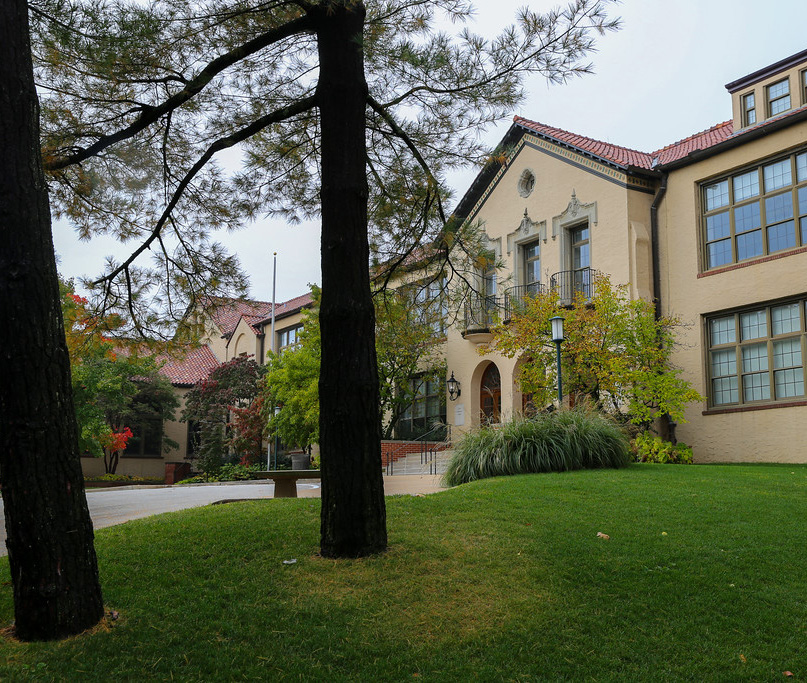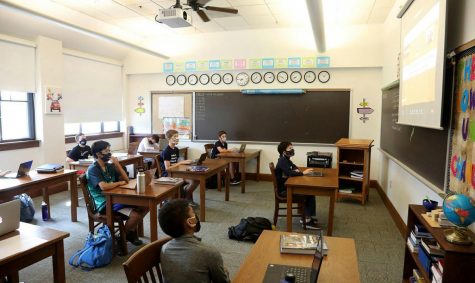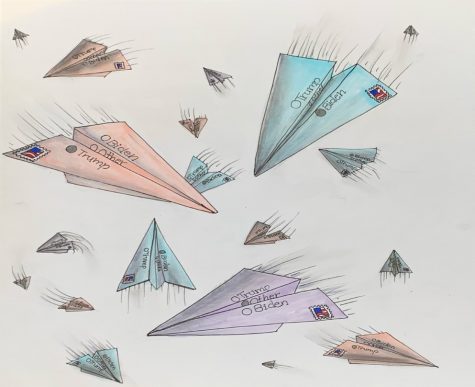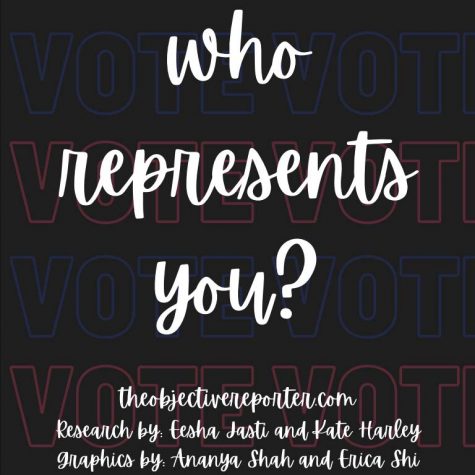JBS Congress Hopes to Rewrite Constitution
September 22, 2020
A great percentage of the student body at John Burroughs is either unaware or has very little knowledge of the John Burroughs Constitution and its 27-year-old contents. Many students at Burroughs did not know it existed until it was mentioned in an infamous sound-off that compared it to the North Korean constitution. There is a copy of the Constitution in the library but no online version. The document is fifteen pages long and contains eight articles: Student Congress, Student Court, The Classes, Student Rights, Powers Reserved to the Headmaster, Elections, Recall from Office, and Amendments. The language used in the Constitution is not up to present-day terms, and because it was last updated in June of 1993, there are many school policies that have changed since its last edition.
There are multiple changes that Burroughs has made that have not been edited into the Constitution. At the forefront of this lies the technological advances that the Burroughs community has undergone since 1993. The Constitution contains little to no code surrounding the use of any devices, as such rules were not necessary due to the absence of cellular phones and other portable electronics. Considering the strict phone and online integrity policies that Burroughs enforces, some acknowledgment or written rules might be expected.
Current readers of the Constitution cannot miss the outdated language. One glaring example is the solely masculine pronouns throughout the writing, a choice of words that opposes the inclusive and progressive nature that Burroughs attempts to embody today. For example, Article I, Section 4, states: “….any individual may…voice his opinions at such meetings.” A possible solution to such an issue would be the simple rewording of the pronouns “he/him/ his” to the “they/them/theirs” when needed.
Another misrepresentation of Burroughs’ current values is seen in the employment of the term “headmaster” in the constitution. The term is out of use within the wider JBS community, with most students referring to Mr. Abbott as the “head of school.”
Burroughs’ relatively new switch to instant run-off ballot for student elections is not reflected in the current constitution, which instead says that “Should no candidate for an office receive a majority (in the initial election), a runoff election shall be held within two school days after the principal election.” However, in the newly adopted system of voting, the voters rank the candidates, and if one candidate does not receive a majority, there is an instant runoff based on the rankings. Another source of controversy surrounding the rules of student elections has been the guidelines surrounding campaigns and the conduct of speeches. The rules surrounding conduct during a campaign speech are unclear, as Article 6, Section 1 states, “Formal campaigns, as defined by Statute, shall be conducted only during the week preceding an election.” This “Statute” is never defined anywhere else within the article or the Constitution as a whole.
With recent criticism of the Constitution’s vague and outdated language, Burroughs students are curious about the process of rewriting. The Constitution states that it “may be amended upon the motion of Congress,” which Congress is currently working on.
The writing continues to describe the revisions process: “Or upon the petition, presented to Congress, of one-fourth of the Student Body, including one-fourth of each of three classes, and by the affirmative vote of two-thirds of the Student Body.” These steps describe Congress’ ability to begin editing, however, it does not go beyond these surface-level instructions. The actual adding and changing certain aspects of the document, as well as creating a more accessible online version, are never specified. Many students want to have input on the Constitution’s rewriting, especially since the reworking process was initiated by Congress. When questioned about this, Student Body President Eleanor Hohenberg (‘21) said “Although I wish I could get more specific…I do know that we plan to make the whole student body at least aware and hopefully involved in the changes.”
Despite the obscurity surrounding the plan to modify the Constitution, students are optimistic that this new editing process will be a promising time of change and reform within the JBS community. Mrs. Grantham explains, “We will need to keep the Constitution general enough that we aren’t having to amend it every year, but make it current and relevant enough to reflect our current practice.”










